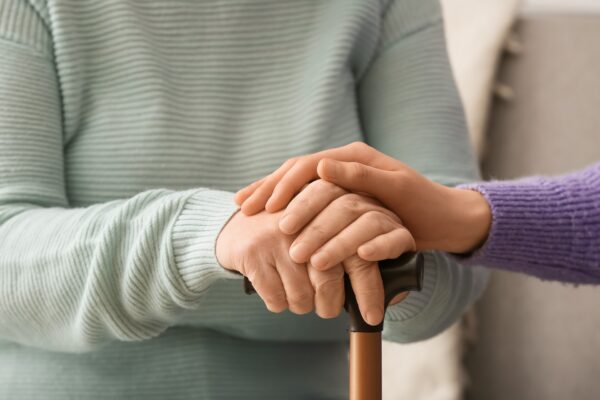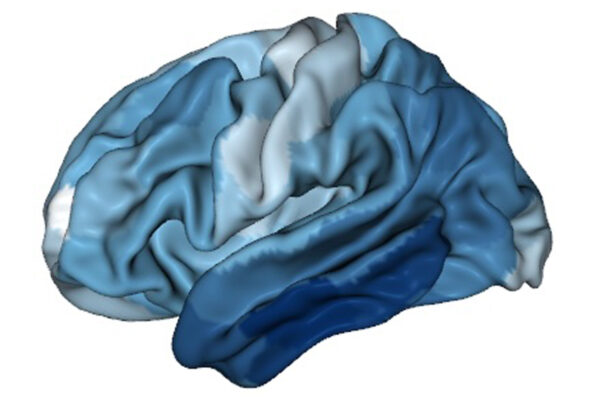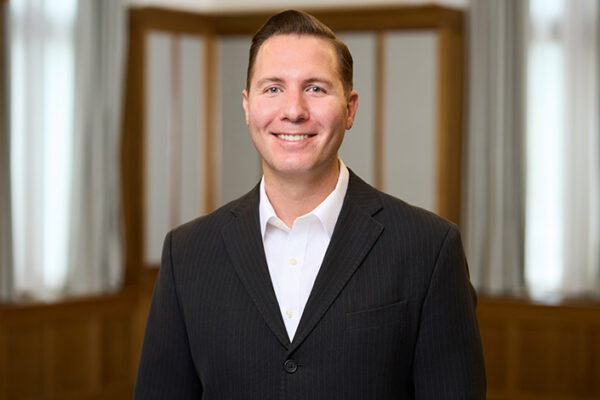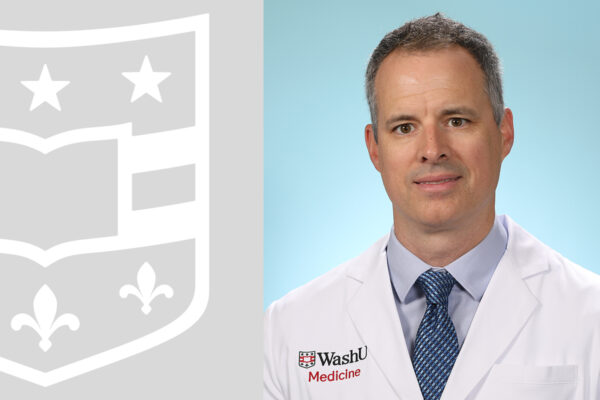$80 million supports research into exceptional longevity
WashU Medicine researchers have received a grant from the National Institutes of Health (NIH) to continue a study of families with a history of extreme longevity, seeking genetic clues to healthy aging.
Caregiving burdens, medical debt are reshaping health in the US
Research co-authored by Sandro Galea of WashU’s School of Public Health links rising family care responsibilities and unpaid medical bills to housing instability and population health risks.
Racism packs a punch for those enduring it over a lifetime
Researchers from Washington University in St. Louis find evidence that elevated stress exposure and its inflammatory correlates may contribute to Black-white racial disparities in mortality risk.
AI ‘CHEF’ could help those with cognitive declines complete home tasks
A team of WashU researchers has integrated two novel vision-language models that create a potential AI assistant that may help people with cognitive decline cook meals and remain independent.
Call your pop-pop: Unlocking conversations between generations
Grandparents are engaging with their grandchildren far more than previous generations, researchers at Washington University in St. Louis have found. They surveyed grandparents to understand the quality and quantity of their conversations with grandchildren.
$5 million for brain development and Alzheimer’s degeneration study
Researchers at WashU Medicine Mallinckrodt Institute of Radiology have received a $5 million grant from the National Institutes of Health (NIH) to study how patterns of brain aging and degeneration mirror early-life experiences.
Halvorsen receives gerontology leadership award
Cal J. Halvorsen, an associate professor at the Brown School at Washington University in St. Louis, has received the Leadership Award from the Association for Gerontology Education in Social Work.
WashU chemists reveal new insights into ALS-linked protein
Using advanced biophysical and imaging techniques, Meredith Jackrel and her team at Washington University in St. Louis have isolated the protein Matrin-3 to better understand its role in neurodegenerative diseases.
Circadian clock protein linked to brain aging, neurodegenerative disease
WashU Medicine researchers led by Erik Musiek, MD, PhD, discovered in mice that inhibition of a protein that controls the daily cycling of metabolism and inflammation decreases neurodegeneration in Alzheimer’s disease.
Dai receives $200,000 grant from Alzheimer’s Association
A scientist at Washington University in St. Louis has received a grant from the Alzheimer’s Association to support his research investigating the electrochemistry of neurotoxic protein assemblies.
Older Stories









